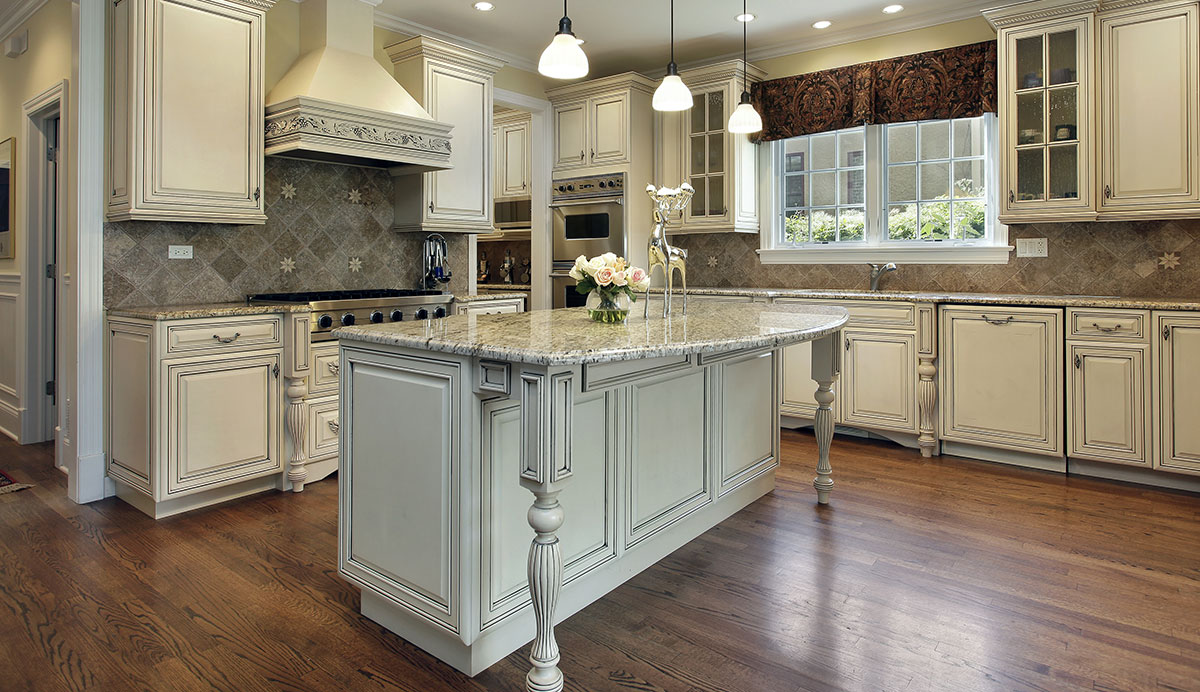Innovative and Fashionable Designs in Modern Legs For Kitchen Island Solutions
A Guide to Selecting the Perfect Legs For Kitchen Island for Your Home
Choosing the perfect legs for your cooking area island is a nuanced choice that impacts both the capability and aesthetic appeal of this central room. As you consider these aspects, it comes to be evident that the right legs can change not just the look of your kitchen however also its use for years to come.

Comprehending Kitchen Area Island Legs
When selecting legs for a kitchen island, it's necessary to understand their aesthetic and useful duties in the overall design. The legs work as a vital support group, ensuring stability and sturdiness for the island, which frequently operates as a workspace, dining location, or collecting area. The choice of product and construction strategy must be durable sufficient to hold up against everyday use and possible wear.
In addition to their structural duties, legs contribute substantially to the island's visual charm. They can enhance the kitchen's design, whether via conventional, modern, or diverse styles. The height and percentage of the legs are likewise important factors to consider; they must harmonize with the island's counter top height while ensuring comfortable seating for those utilizing the space.
In addition, the leg style can influence the overall circulation of the kitchen area. Open, airy leg designs can create a feeling of lightness, while solid, substantial legs might convey an extra grounded and stable visual - Legs For Kitchen Island. Recognizing these aesthetic and practical aspects will direct house owners in making educated choices that match their kitchen's design and boost its use
Popular Styles and Products
The choice of legs for a kitchen island includes a variety of prominent styles and materials, each offering one-of-a-kind features that can improve both functionality and looks. Among one of the most popular designs are modern, rustic, and traditional. Contemporary legs usually feature smooth, minimal designs that emphasize simplicity and tidy lines, making them excellent for modern-day kitchens. Rustic designs, on the other hand, accept natural environments and frequently showcase recovered wood or distressed surfaces, including warmth and beauty to the room. Typical legs usually display luxuriant information and craftsmanship, boosting classic cooking area styles.

Elevation and Security Factors To Consider

Security is one more essential factor to consider. The legs of the kitchen area go to this web-site island need to supply appropriate assistance, making certain that the framework can endure daily usage without tottering or changing. Material choice plays a significant duty in security; steel legs, for example, tend to provide greater strength compared to timber. Furthermore, guaranteeing that the island is firmly anchored to the flooring or wall can boost stability, specifically for larger islands that may birth significant weight.
Matching Your Cooking Area Aesthetic
Selecting the best legs for your kitchen area island exceeds performance; it likewise plays a significant duty in the overall aesthetic of the area. When picking legs, take into consideration the design style of your kitchen. For a contemporary look, smooth metal or minimal layouts can produce a tidy, contemporary ambiance. On the other hand, rustic or conventional kitchens usually profit from wood legs with detailed describing or a troubled surface, boosting warmth and character.
Shade is an additional crucial variable. Legs that complement or comparison with your island's surface and bordering kitchen cabinetry can develop visual harmony or striking focal factors. For example, coupling dark timber legs with a light marble countertop can add depth and passion. In addition, consider the surface of the legs; matte, shiny, or textured surfaces can significantly affect the overall feel of the kitchen area.
Installation and Upkeep Tips
Installing kitchen island legs calls for careful interest to detail to ensure both stability and aesthetic appeal. Use a stud finder to locate wall studs if you are connecting the legs to a wall or making use of brackets for included support.
When safeguarding the legs, make use of click here for more top quality screws and, if needed, wood adhesive for additional strength. For steel legs, make certain that you are using suitable supports and devices to protect against damage to your floor covering. It is a good idea to check for levelness after installation, making modifications as needed to prevent wobbling.
Tidy the legs with an ideal cleaner, avoiding abrasive products that might scrape the surface area. By adhering to these installation and upkeep suggestions, you can make certain that your cooking area island legs remain both visually enticing and useful.
Verdict
In final thought, picking the ideal legs for a kitchen island requires cautious consideration of useful source elevation, stability, and aesthetic compatibility. Ultimately, thoughtful leg selection plays a vital function in boosting both the functionality and design of the cooking area space.
When selecting legs for a kitchen area island, it's crucial to recognize their aesthetic and useful functions in the total style. Open, ventilated leg designs can create a feeling of agility, while strong, considerable legs may communicate a much more based and secure visual. The legs of the kitchen island should supply sufficient support, making sure that the structure can withstand day-to-day usage without changing or wobbling.Installing kitchen island legs needs careful focus to information to guarantee both security and aesthetic charm.In verdict, selecting the proper legs for a kitchen area island requires cautious consideration of elevation, security, and visual compatibility.